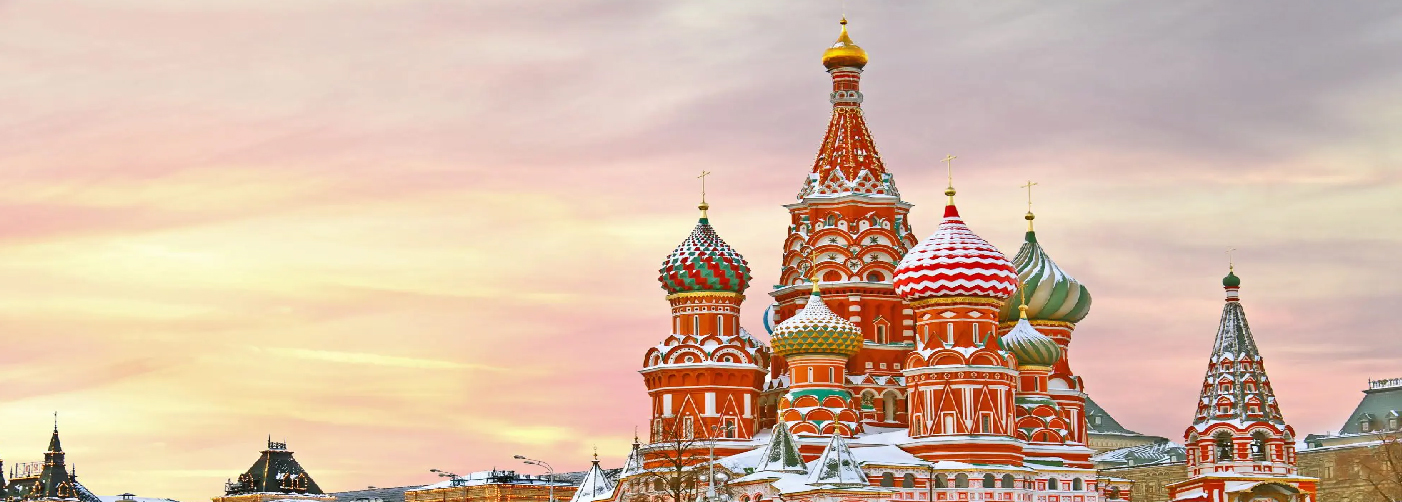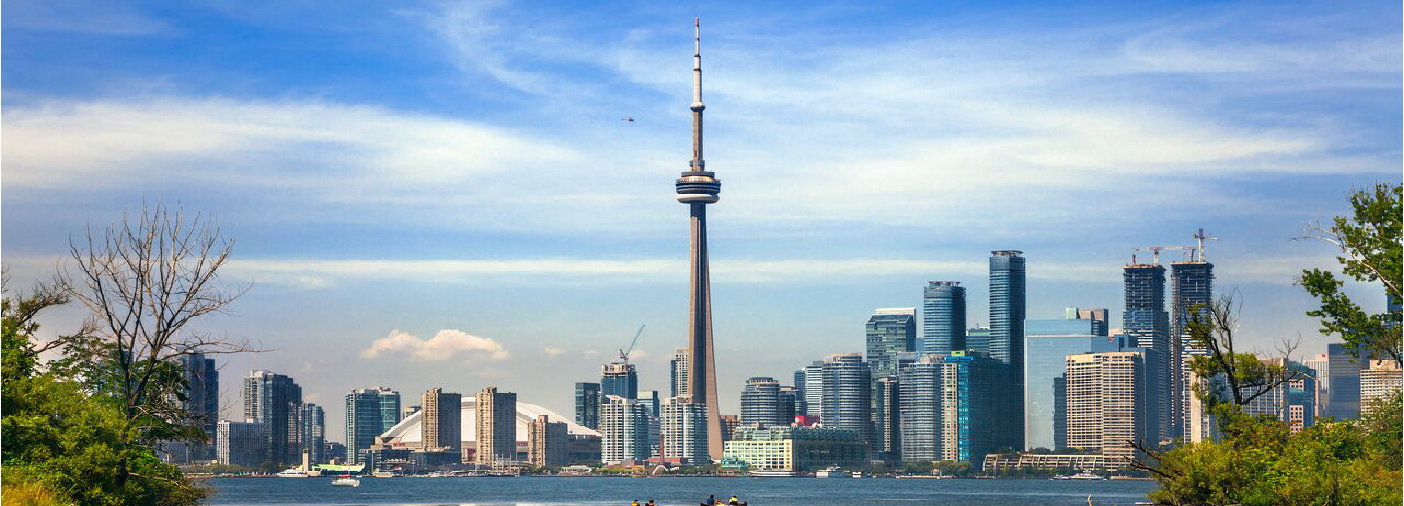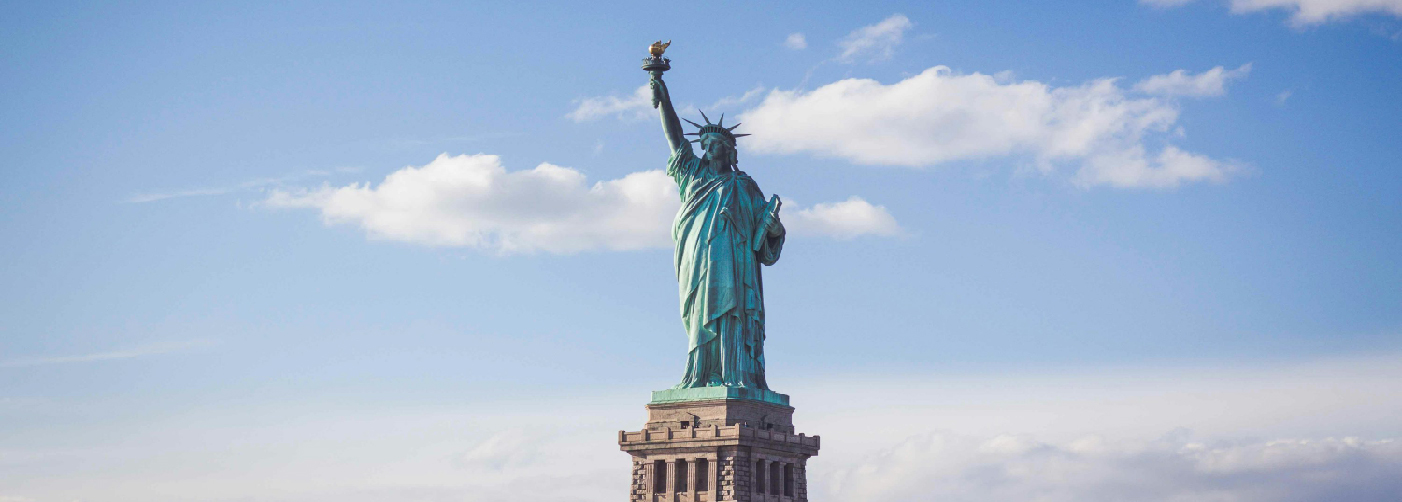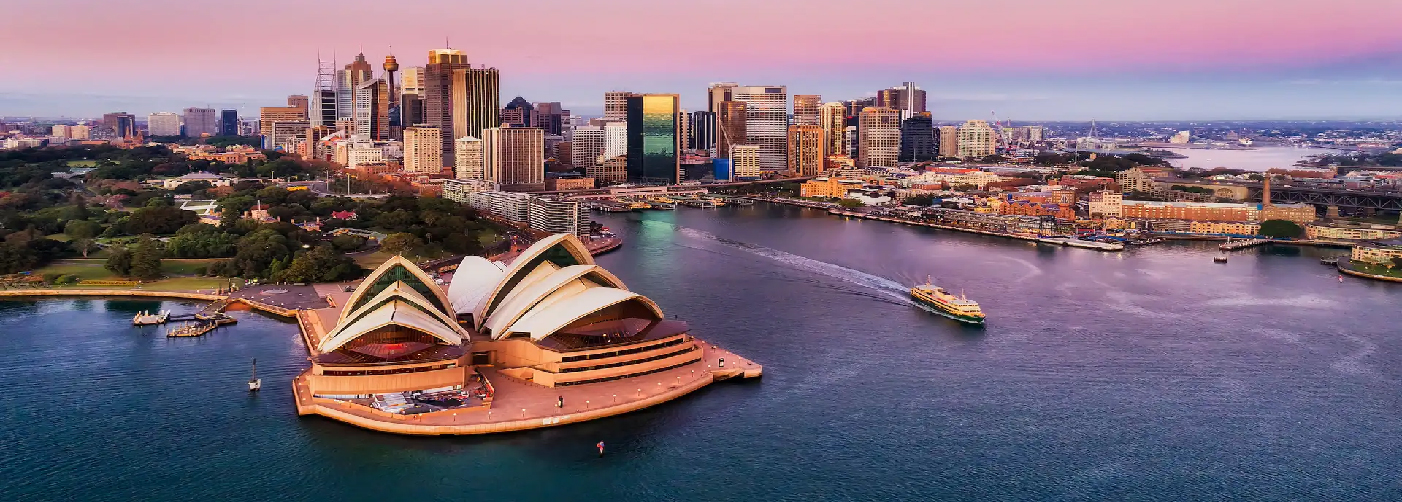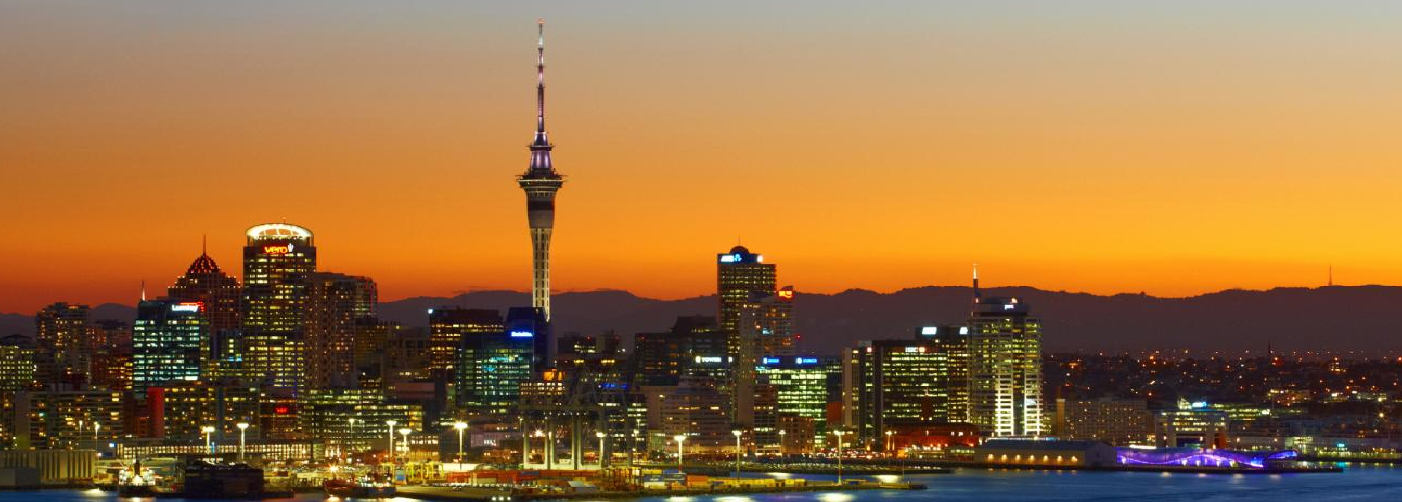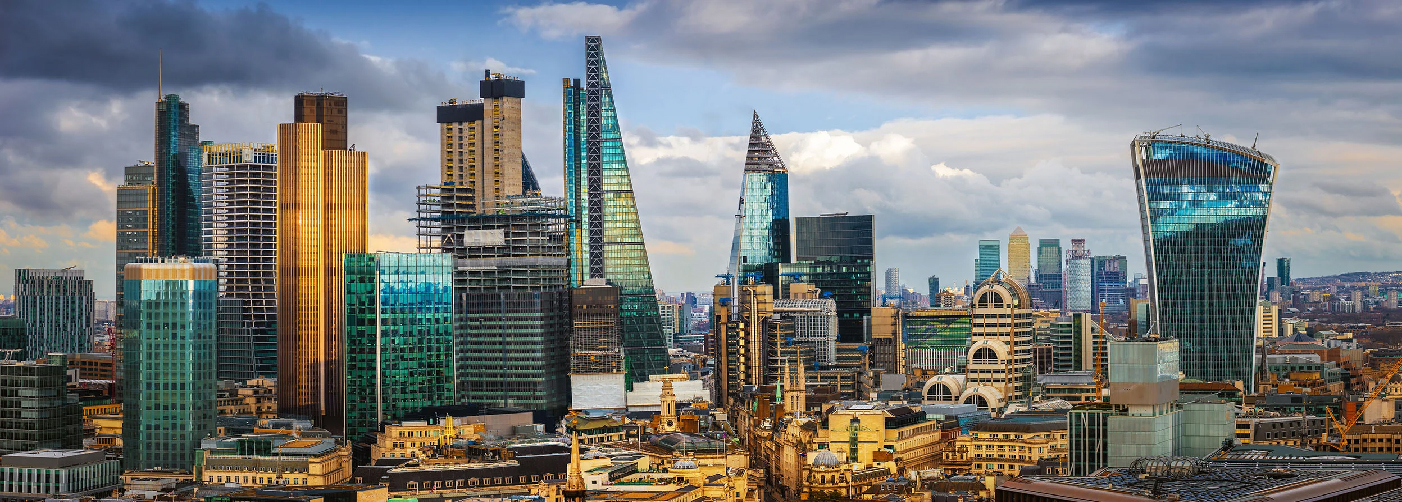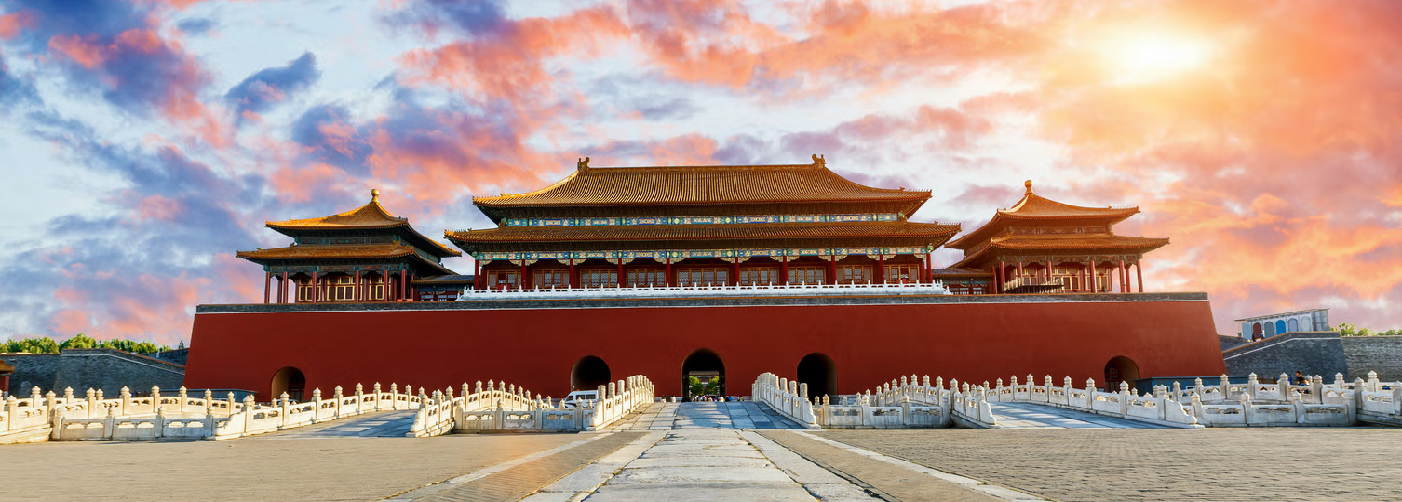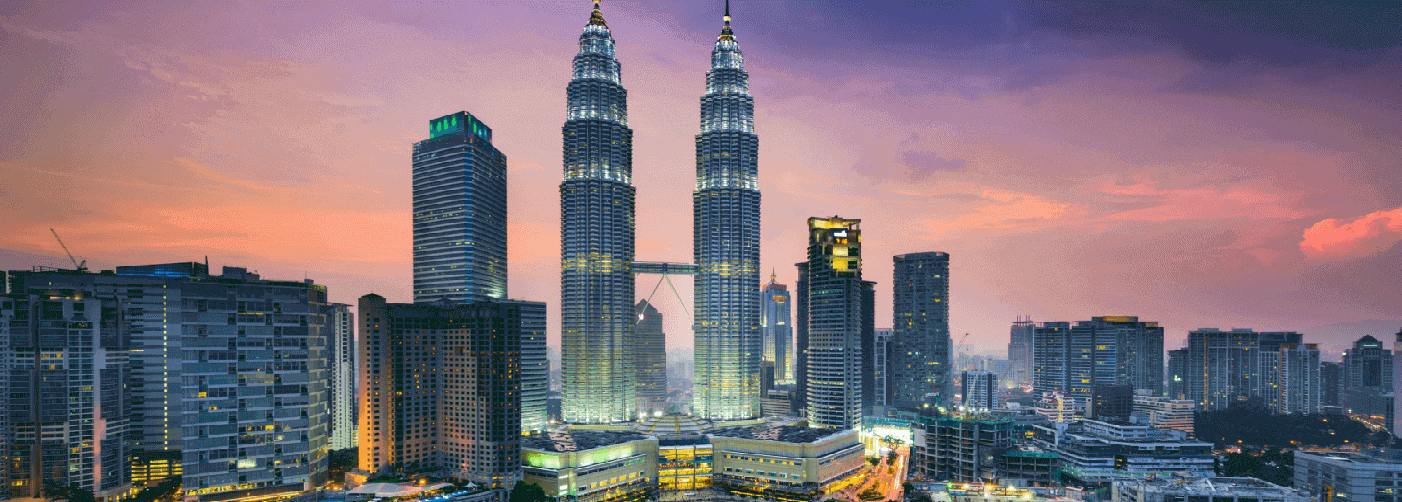- World-Class Universities: Russia is home to top-ranked universities like Lomonosov Moscow State University, Saint Petersburg State University, and Novosibirsk State University.
- Affordable Tuition Fees: Compared to the USA, UK, and Canada, education in Russia is much more affordable.
- Fully Funded Scholarships: The Russian Government Scholarship covers tuition and provides a monthly stipend.
- Globally Recognized Degrees: Especially strong in engineering, medicine, IT, and physics.
- No IELTS/TOEFL Required: Many programs are offered in Russian, and universities provide one-year preparatory courses for learning the language.
Undergraduate (Bachelor’s Degree)
- High School Certificate (Equivalent to Russian Secondary Education)
- Basic Knowledge of Russian or English (depending on the program)
- Entrance Exam (for some universities like MSU, SPbU, and MIPT)
- Preparatory Year (if required for Russian-taught programs)
Graduate (Master’s & Ph.D.)
- Bachelor’s Degree from a recognized institution
- Proof of Language Proficiency (IELTS/TOEFL if the program is in English, or HSK if in Russian)
- GRE/GMAT scores (for some programs)
- Statement of Purpose (SOP) and Recommendation Letters
- Research Proposal (for Ph.D. applicants)
| Scholarships for International Students |
- Russian Government Scholarships – Covers full tuition, accommodation, and a monthly stipend.
- Open Doors Scholarship (Olympiad) – For master’s and Ph.D. students.
- University-Specific Scholarships – Offered by institutions like MSU, SPbU, and NSU.
- State-Funded Quota System – Around 18,000 international students receive free education each year.
| Work Opportunities for International Students |
- Part-Time Work: Allowed with a work permit from the Russian Ministry of Labor.
- Internships & Research Work: Available at universities and research institutions.
- Post-Study Work: Graduates can apply for a work visa if they secure a job.
|
- Medicine (MBBS/BDS) – Russian medical universities are WHO-recognized.
- Engineering & Technology – Strong programs in aerospace, IT, and robotics.
- Computer Science & AI – Russia has a high demand for AI and cybersecurity experts.
- Physics & Mathematics – Russian universities are known for advanced research.
- Business & Economics – MBA and finance programs are gaining popularity.
| Cost of Studying in Russia |
Tuition Fees (per year)
- Undergraduate: $2,500 - $7,000
- Postgraduate: $3,000 - $8,000
- MBBS (Medicine): $3,500 - $8,500
- Engineering: $2,500 - $6,000
Living Expenses (per year)
- Moscow & St. Petersburg: $4,000 - $6,000
- Other Cities: $2,500 - $4,500
- Includes accommodation, food, transport, and personal expenses.
Health Insurance
- Required for all international students.
- Costs around $100 - $200 per year.
| Student Visa (Russian Student Visa) Application |
- Receive an Invitation Letter from a Russian university.
- Apply for a Russian Study Visa at the nearest Russian embassy or consulate.
- Submit documents:
- Passport
- Admission letter from the university
- Visa application form
- Proof of financial support
- HIV-negative certificate (compulsory)
- Attend an interview (if required).
- Receive your Russian Study Visa and prepare for your studies!
| Pathway to Permanent Residency |
- Work Visa (After Graduation) – Stay in Russia if you get a job.
- Temporary Residence Permit (TRP) – After 1 year of working in Russia.
- Permanent Residency (PR) – After 5 years of living in Russia with TRP.
- Russian Citizenship – Possible after 5+ years of PR.
|
